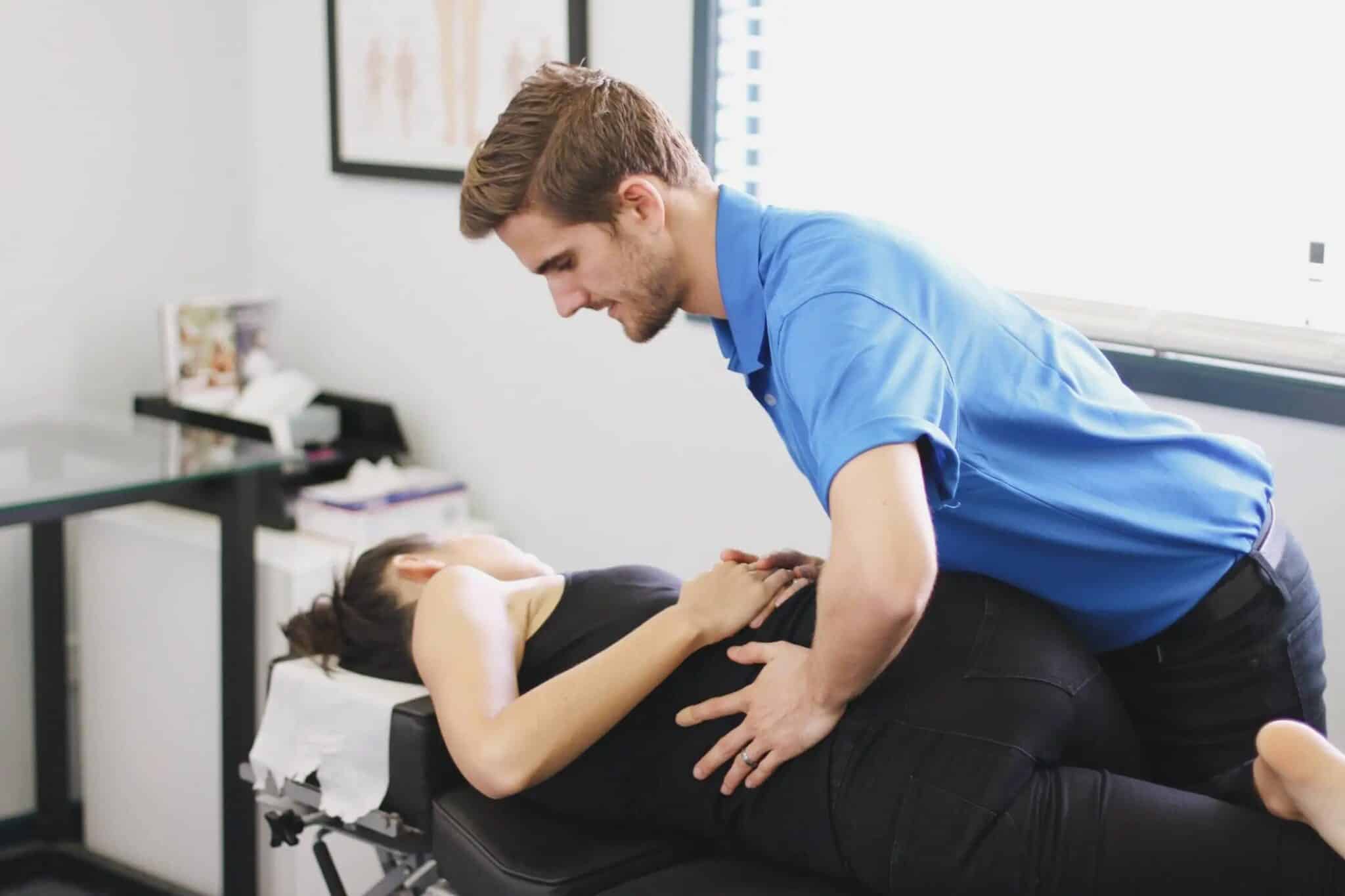Spinal cord injuries can dramatically impact daily life, but with the right strategies and support, independence is still achievable. Individuals have access to tools that promote mobility, confidence, and self-sufficiency. Here are practical strategies for promoting independence while living with spinal injuries:
Rehabilitation as the Foundation
Rehabilitation forms the cornerstone of recovery from spinal cord injuries. This process begins soon after the initial injury stabilizes. The rehabilitation team typically includes physiatrists, physical therapists, occupational therapists, and other specialists who collaborate to provide comprehensive care.
Physical therapy focuses on maintaining and improving muscle strength, flexibility, and mobility. Therapists teach transfer techniques, wheelchair skills, and exercises that prevent complications. Occupational therapy focuses on daily living skills, including dressing, bathing, and cooking. Speech therapy may be needed if the injury affects communication or swallowing.
The rehabilitation process also includes psychological support. Adjusting to life after a back injury brings emotional challenges. Counselors help individuals develop effective coping strategies and maintain motivation throughout their recovery.
Adaptive Tools and Technologies
Assistive technology plays a fundamental role in promoting independence. These tools help people perform daily tasks that may be challenging after spinal cord damage. The specific tools needed depend on the level and severity of the injury.
Mobility aids include wheelchairs, walkers, and transfer boards. Modern wheelchairs offer features like power assist and standing capabilities. Home modifications such as ramps, grab bars, and accessible bathrooms remove barriers to independence. Kitchen adaptations include reachable storage, lever handles, and specialized utensils.
Maintaining Physical and Emotional Wellness
Physical wellness requires ongoing attention after spinal injuries. Regular exercise maintains cardiovascular health and prevents secondary complications. Wheelchair sports and adapted fitness programs provide both physical benefits and social connections.
Nutrition plays a key role in overall health and healing. A balanced diet supports immune function and helps maintain proper weight. Proper hydration and fiber intake can prevent common complications. Mental health deserves equal attention. Support groups connect people with others who understand their experiences. Professional counseling offers tools for managing challenging emotions and adapting to life’s changes.
Practical Lifestyle Strategies
Daily routines help build confidence and independence. Breaking complex tasks into smaller steps makes them more manageable. Planning ahead reduces stress and helps anticipate potential challenges.
Transportation options expand independence beyond the home. Learning to drive with adaptive controls opens up employment and social opportunities. Public transportation systems increasingly offer accessible options. Ride-sharing services also provide wheelchair-accessible vehicles in many areas.
Employment and education remain achievable goals. Workplace accommodations and assistive technology make many jobs accessible. Educational institutions provide support services for students with disabilities. Vocational rehabilitation programs assist individuals in retraining for new careers when necessary.
Schedule a Spinal Cord Injuries consultation today
Living independently with spinal cord injuries requires comprehensive planning and support. Rehabilitation provides the foundation for recovery. Adaptive tools and technologies remove barriers to daily activities while wellness practices help maintain physical and emotional health. Contact a neurosurgeon or trusted healthcare provider to schedule a spinal injury consultation to learn more about comprehensive care for spinal injuries.









Leave a Reply